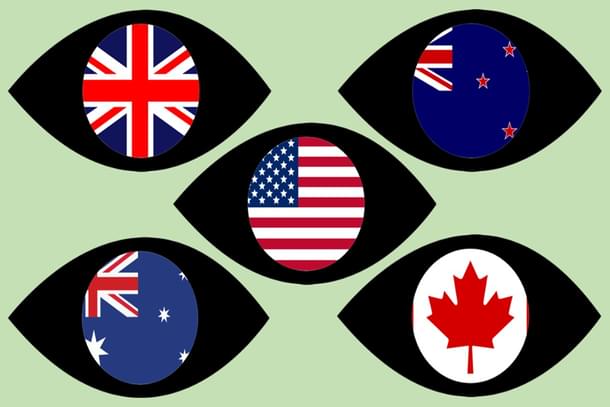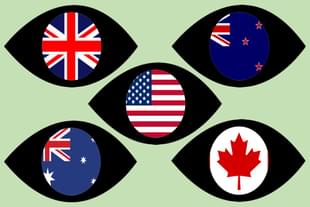News Brief
India Mulls Sharing Khalistani Terrorists List With Five Eyes Nations Amid Canada’s Non-Cooperation
Kuldeep Negi
Oct 23, 2024, 09:57 AM | Updated Oct 25, 2024, 04:25 PM IST
Save & read from anywhere!
Bookmark stories for easy access on any device or the Swarajya app.


In response to Canada’s refusal to cooperate with Indian investigating agencies' repeated requests to seek inputs on Khalistani elements residing there, India is reportedly planning to share a list of wanted extremists living in Canada with the other 'Five Eyes' nations.
This move is intended to highlight Canada’s lack of cooperation and create pressure on the country, Tribune India reported citing highly placed sources.
The Five Eyes intelligence alliance includes Canada, the United States, the United Kingdom, Australia, and New Zealand.
Sharing the list of wanted extremists in Canada with the other Five Eyes members is one of several options under the government's consideration.
Though still in its early stages, this approach aims to exert additional pressure on Ottawa by enlisting support from its allies.
According to sources cited in the Tribune report, this potential step is under review and may be taken forward based on how the diplomatic standoff between India and Canada evolves.
By circulating the list earlier given to Canada with other Five Eyes nations, India hopes to amplify Canada’s unwillingness to assist with Indian requests for information on these extremists.
Additionally, India intends to seek support from the other four countries in the alliance to persuade Canada to cooperate with New Delhi's request.
India has reportedly requested intelligence from Canada about eight extremists and gangsters residing there, who are associated with Khalistani terrorism and separatism, with suspected ties to Pakistani agents.
Among the names listed by India are Sandeep Singh Sidhu, Arshdeep Singh Gill and Lakhbir Singh, all allegedly engaged in activities from extortion to terrorism, with their actions raising serious concerns about cross-border criminal activity.
India’s attempt to obtain Khalistani terrorist Hardeep Singh Nijjar’s death certificate from Canadian authorities has also faced resistance, as diplomatic relations between the two countries deteriorated following Canada's accusation that India was involved in Nijjar’s murder last year.
Since then, India has recalled its high commissioner from Ottawa, along with other diplomats, while Canadian high commissioner to India and some of its diplomatic staff have also been sent back from New Delhi.
Kuldeep is Senior Editor (Newsroom) at Swarajya. He tweets at @kaydnegi.





